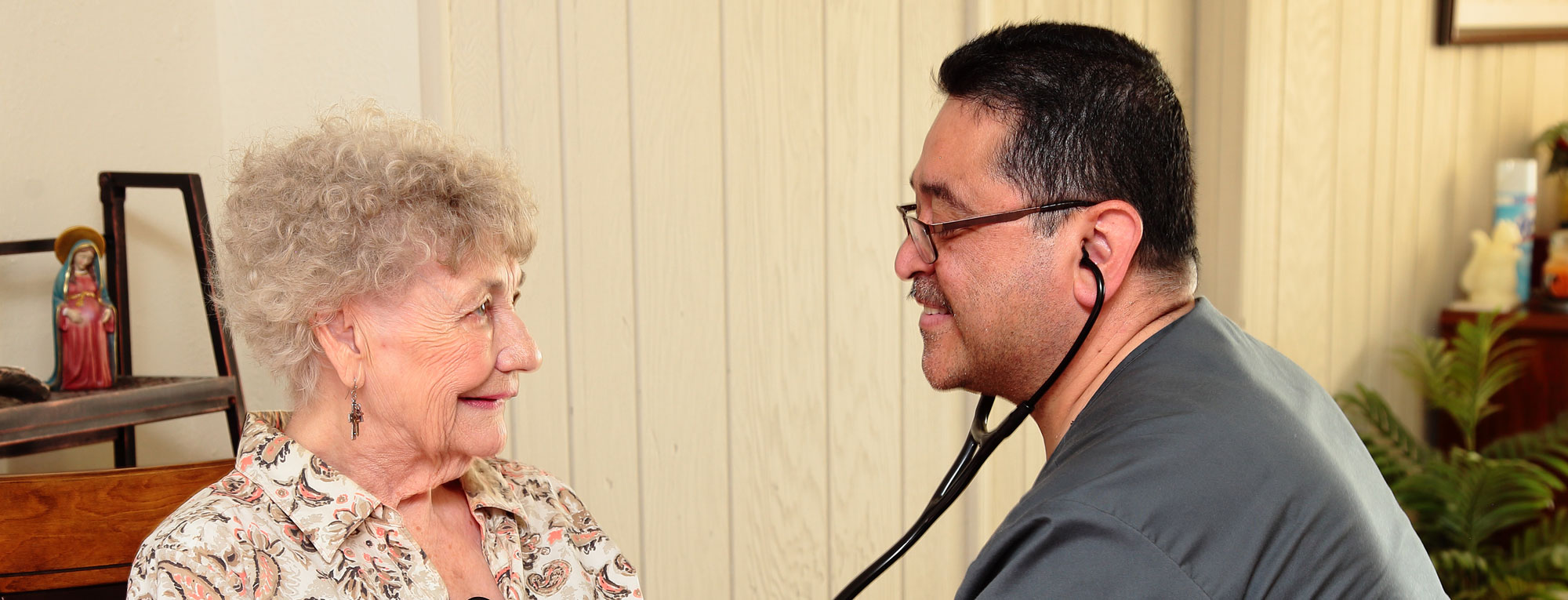The Vital Importance of Early Hospice Care: Dispelling Misconceptions
Hospice care remains a topic often shrouded in misunderstanding and reluctance. Many individuals and their families delay initiating hospice services until the final stages of a terminal illness. However, this delay can deprive patients of valuable comfort and support during their final journey. Here, we debunk common misconceptions and highlight the crucial significance of starting hospice care sooner.
Misconception 1: Hospice means giving up hope.
Reality: Hospice is about shifting the focus from curing the illness to providing comfort and improving the quality of life. It offers holistic support, including pain management, emotional counseling, and spiritual care, instilling hope for dignity and peace in the final stages of life.
Misconception 2: Hospice care is only for the very end of life.
Reality: Hospice care can begin earlier, allowing patients and families to benefit from its comprehensive services for a more extended period. Starting hospice sooner enables proactive management of symptoms, addressing psychological and spiritual needs, and fostering meaningful moments with loved ones.
Misconception 3: Hospice care hastens death.
Reality: Hospice neither prolongs nor hastens death. Its focus on comfort and quality of life ensures that patients experience a dignified and peaceful end-of-life journey. Research suggests that hospice patients may even live longer than those receiving traditional medical interventions alone.
Misconception 4: Hospice care is only for cancer patients.
Reality: While hospice care has roots in cancer care, it serves individuals with various terminal illnesses, including heart disease, dementia, and pulmonary disorders. Its interdisciplinary approach tailors support to the unique needs of each patient and their family, regardless of the underlying condition.
Misconception 5: Hospice care means leaving the hospital or giving up medical treatments.
Reality: Hospice care can be provided wherever the patient calls home, whether it’s a private residence, nursing facility, or hospice center. Patients can still receive treatments aimed at symptom management and comfort while benefiting from the specialized expertise of hospice professionals.
In conclusion, starting hospice care sooner offers numerous benefits for patients and their families facing terminal illnesses. It enhances quality of life, provides comprehensive support, and fosters meaningful connections during life’s final chapter. By dispelling misconceptions and embracing the holistic approach of hospice, individuals can experience a more dignified and compassionate end-of-life journey.

